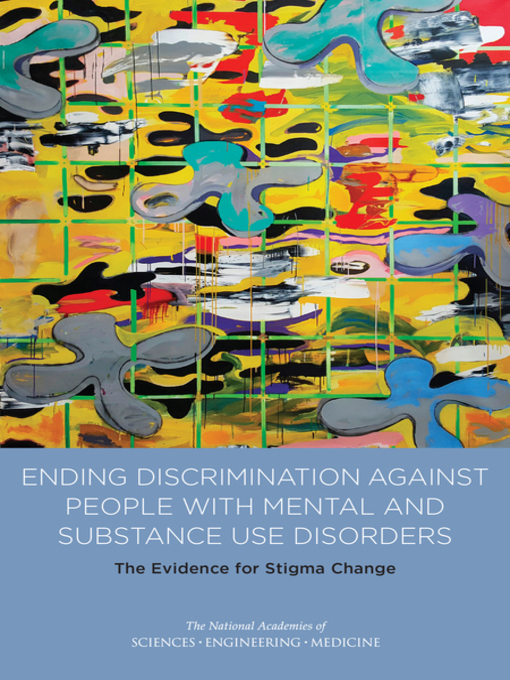Estimates indicate that as many as 1 in 4 Americans will experience a mental health problem or will misuse alcohol or drugs in their lifetimes. These disorders are among the most highly stigmatized health conditions in the United States, and they remain barriers to full participation in society in areas as basic as education, housing, and employment. Improving the lives of people with mental health and substance abuse disorders has been a priority in the United States for more than 50 years. The Community Mental Health Act of 1963 is considered a major turning point in America's efforts to improve behavioral healthcare. It ushered in an era of optimism and hope and laid the groundwork for the consumer movement and new models of recovery. The consumer movement gave voice to people with mental and substance use disorders and brought their perspectives and experience into national discussions about mental health.
However over the same 50-year period, positive change in American public attitudes and beliefs about mental and substance use disorders has lagged behind these advances. Stigma is a complex social phenomenon based on a relationship between an attribute and a stereotype that assigns undesirable labels, qualities, and behaviors to a person with that attribute. Labeled individuals are then socially devalued, which leads to inequality and discrimination. This report contributes to national efforts to understand and change attitudes, beliefs and behaviors that can lead to stigma and discrimination. Changing stigma in a lasting way will require coordinated efforts, which are based on the best possible evidence, supported at the national level with multiyear funding, and planned and implemented by an effective coalition of representative stakeholders.
Ending Discrimination Against People with Mental and Substance Use Disorders: The Evidence for Stigma Change explores stigma and discrimination faced by individuals with mental or substance use disorders and recommends effective strategies for reducing stigma and encouraging people to seek treatment and other supportive services. It offers a set of conclusions and recommendations about successful stigma change strategies and the research needed to inform and evaluate these efforts in the United States.
